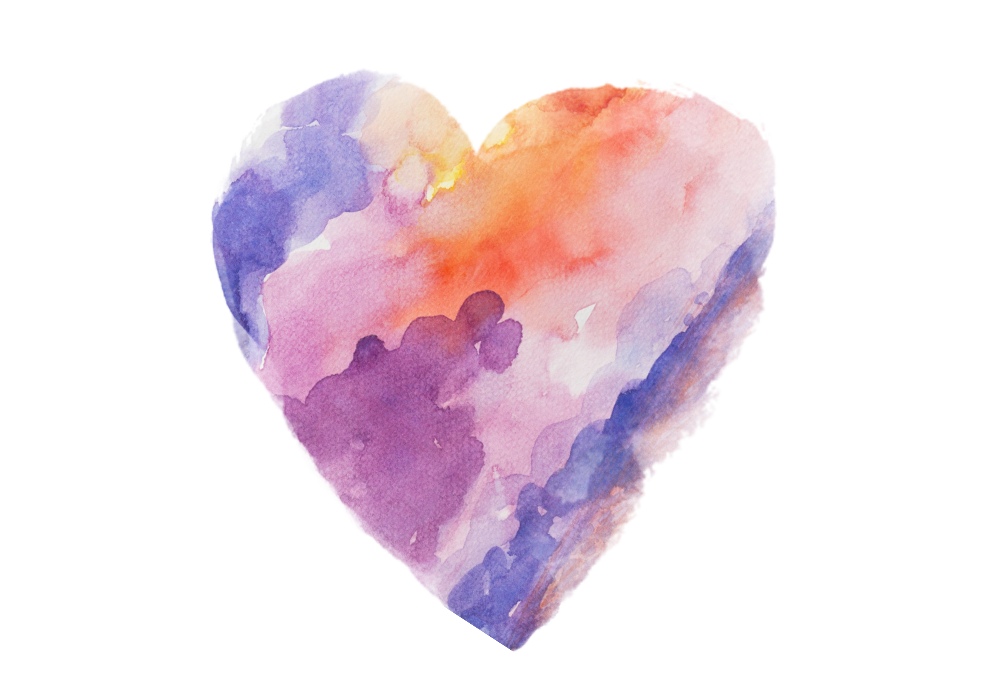If I tell you that I’m Asian and I’m grieving, what do you now know that you can apply to supporting me with grief and loss?
Sorry, it’s a trick question of sorts! In my view, you would know two things:
- I am Asian
- I am grieving
It’s important for me to state what might seem obvious, because of my experiences with assumptions, both personally as a griever and professionally as a certified grief coach.
Friends and strangers, as well as fellow coaches and grief support practitioners, have assumed many things about my grief experience, based on my Asian heritage alone. Though they generally meant well and often had made efforts to be culturally aware, the assumptions actually contributed to feelings of isolation and being othered.
Here are some of the assumptions I’ve heard:
Assumption #1: Eastern cultures have a healthier relationship with death and a regular practice for staying connected to our ancestors.
Maybe some do. There are a lot of Eastern cultures and diverse ethnic groups, across East Asia, South Asia and Southeast Asia. And that doesn’t necessarily mean rituals and practices that were standard for my great great grandmother in China have carried through to my upbringing and experiences as a Chinese-American adult.
In fact, my family of origin avoided talking about illness, death and dying. I often wouldn’t hear that someone had died or learn about the circumstances of their death for days, weeks or even years. Family members telling lies and half-truths about whether someone was healthy or even still alive was a regular practice throughout my childhood and adulthood. The funerals I attended were mostly Western in format, and I grew up with very little understanding of the meaning behind the altars, incense and rituals I did happen to notice.
While I’ve developed more understanding and compassion for these behaviors over the last couple of years, I wouldn’t say they were indicative of a healthy relationship with death!
Assumption #2: I grew up Buddhist.
I grew up in Chinatown in NYC, with multiple Buddhist temples in the neighborhood. My grandmother went to church on Sundays. I didn’t grow up going to either.
Even if I was raised in a family that practiced Buddhism, that doesn’t mean I practice it now.
And even if I did identify as Buddhist, we can’t assume to know how I practice it. That’s true no matter what religion or spiritual practice we’re speaking about.
Some questions I might explore with my grief coaching clients include:
- What role did religion or spiritual practices play in your family of origin?
- How did your family’s religion or belief system approach grief, death and dying?
- What tenets of your family’s religion do you believe in and practice now?
- How do you apply these tenets and beliefs to your life generally?
- How do these tenets and beliefs affect your relationship with grief, death and dying?
Assumption #3: My grief experience as an Asian-American is similar to another Asian-American’s experience of grief.
As an Asian-American griever, I can only speak to my own experience, and share some of the individual experiences of my grief coaching clients. Maybe another Asian-American griever will resonate with my story – but I can’t assume they will.
It might seem obvious to say, but let’s be clear: Just because your husband, college roommate, sister-in-law or colleague is Asian or even the same kind of Asian I am, doesn’t mean my experience is similar to theirs.
It’s not uncommon for me to be the only Asian person or even the only BIPOC person in a Zoom meeting, whether it’s an entrepreneur networking event or a grief support group. Sometimes that has led to uncomfortable situations where I am called upon to bring an Asian perspective or to speak to another Asian person’s experience.
I can only speak to my own individual experience, with my own particular intersectional identity and set of circumstances.
If you see me in a Zoom meeting or in the room at an event, you may be able to tell I’m Asian.
Here’s what you can’t necessarily tell:
- Whether I’m Chinese, Korean, or another ethnicity.
- Whether I’m Chinese-American or British Chinese, or another nationality.
- Whether English was my first language or not.
- Whether I speak Cantonese, Mandarin, another dialect, or no Chinese at all.
- Whether I grew up in the United States, or moved there as a child or adult.
- Whether I grew up in a traditional Chinese family or was adopted by a white family.
- Whether I accepted or rejected any Chinese traditions I was taught.
- Whether my parents were raised and college-educated in the States or arrived as adult refugees.
- Whether my family was Catholic, Buddhist or Jewish.
- What religion or spiritual practice I have now.
- What beliefs I have about death, dying and the afterlife.
- What my family of origin’s approach was to grief, death and dying.
- What my individual approach is to grief, death and dying, and what support I want.
If I tell you I’m Asian and grieving, please don’t assume anything about what my experience with grief is or what my cultural background is or what my family’s approach to death and dying may be.
You know I’m Asian and you know I’m grieving. That’s it.
Please don’t assume. Instead, ask better questions – and then listen.
…
Charlene Lam
Certified grief coach, curator and founder of The Grief Gallery
Website https://www.charlenelam.com/
Instagram https://www.instagram.com/curating_grief/
LinkedIn https://www.linkedin.com/in/charclam/
Join Charlene Lam, Alica Forneret, Dr. Julie Shaw, and Mangda Sengvanhpheng for a meaningful panel discussion How Who We Are Impacts How We Grieve on August 20th. In this conversation, they’ll share about their individual journeys, discuss the connections between culture, identity, and creativity, and talk about why it can be important to look outside of traditional grief support containers to receive more expansive and holistic care.
More information and registration is here: https://heartlightcenter.org/events/community-pause-panel/

